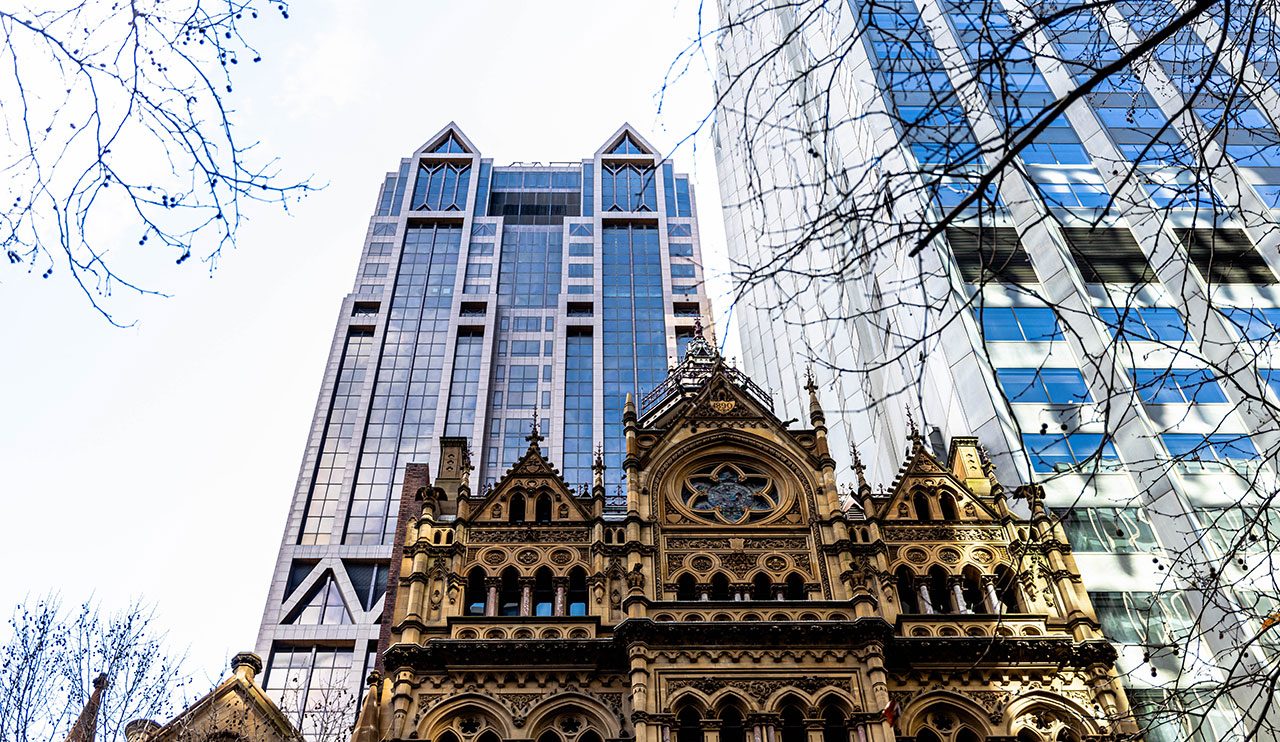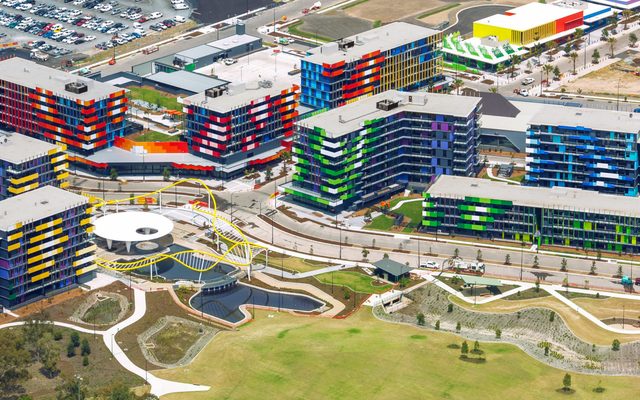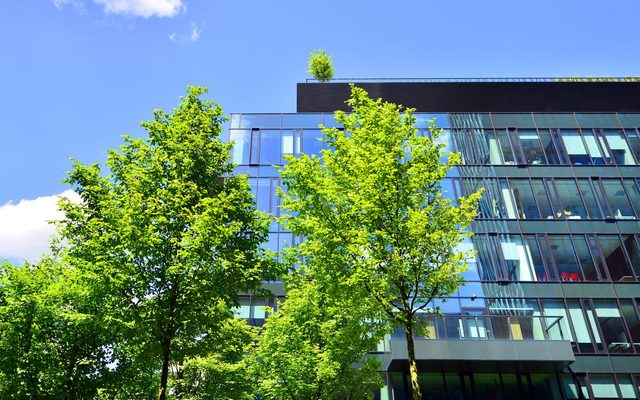This article is from the Australian Property Journal archive
DIVERISFIED property group GPT has swung to a $240 million full-year loss following a whack to the value of its office portfolio, while it is looking to offload its half-share in Austrak Business Park in Melbourne with expectations at around $300 million.
The result – its last under long-term CEO Bob Johnston – followed a $496.3 million profit in 2022 that included property valuation losses of $159.3 million as rising interest rates started to impact commercial real estate values.
The 2023 devaluations wiped off $819 million, or 5.1% off its total portfolio value. The office portfolio saw 9.2%, or $555.8 million wiped off, while the logistics portfolio saw a 1.9% decrease, or $84.7 million, and its retail assets lost $178.7 million, or 3.1%.
Full-year distributions were steady at 25.0c per security.
Despite difficult conditions, GPT saw solid leasing activity across its portfolio. That helped its funds from operations (FFO) result to $600.9 million for 2023, down slightly on the previous year’s $620.5 million. FFO per security was 31.37c, down from 32.4c, in line with guidance.
Johnston said that while the full impact of the Reserve Bank of Australia’s aggressive rate rise cycle is yet to fully flow through the economy, it appears interest rates may now have peaked, with consumption slowing and inflation trending lower.
GPT is expecting net income growth across the diversified portfolio to be offset by higher interest costs. Trading profits from contracted sales at Sydney Olympic Park are expected to contribute circa 4% to FFO, which is higher than the historical average. The 2024 distribution is expected to be lower than 2023, at 24.0c per security, impacted by higher office lease incentives and a lower distribution payout ratio from the GPT Wholesale Office Fund.
GPT expects to deliver 2024 FFO of approximately 32.0c per security.
GPT said it has “commenced a divestment campaign for its 50% stake in Austrak Business Park in Melbourne, valued at approximately $300 million”. According to GPT’s website, the 210,000 sqm Austrak Business Park comprises seven facilities and an intermodal rail terminal located in Somerton, about 20 kilometres north of the Melbourne CBD and 10 kilometres north east of Melbourne Airport.
As at February 2022, it was listed with 89.7% occupancy and a weighted average lease expiry of 10.7 years.
Results in line with expectations: Analysts
“GPT’s results for the 12 months ended December 2023 are in line with expectations with the group benefiting from the diversification and quality of its asset portfolio,” said Saranga Ranasinghe, senior analyst, Moody’s Investors Service.
“We expect GPT’s office segment to continue to face headwinds over the next 12 to 18 months. Meanwhile, the retail segment has recovered strongly and the logistics segment continues to benefit from robust demand.”
GPT leased 133,800 sqm of office space was leased across 167 deals in 2023, with an average lease term of 5.1 years. Office portfolio, occupancy lifted to 92.3% from 88.5%. while comparable income for 2023 declined 0.8% due to lower average occupancy.
“The office leasing market remains highly competitive and hybrid work practices are being adopted by many organisations in response to the demand for greater workplace flexibility,” Johnston said, adding that market conditions are “likely to remain challenging due to elevated market vacancy and subdued demand”.
“Despite the challenging conditions, GPT’s office portfolio resonates well with tenants given its high quality, strong sustainability credentials, and a differentiated product offering which caters to the workplace needs of a variety of customer segments,” Johnston said. While 11% of the portfolio expires in 2024, GPT is targeting the office portfolio to deliver a 2024 net income result in line with 2023.
GPT touted “excellent” results in its retail segment in 2023, boosted by a strong performance at its largest retail asset, Melbourne Central. Retail portfolio occupancy lifted to 99.8% from 99.4%, with 678 lease deals struck during the year at an average rental increase of 4.8% and an average lease term of 5.2 years. Leasing spreads on expiry continued to increase, averaging 5.3%. Retail portfolio comparable income growth was 12.5%.
Its logistics portfolio delivered leasing spreads of 39% and occupancy at year-end of 99.5%, down slightly, after 168,000 sqm of deals. WALE was 5.4 years. The logistics portfolio comparable income growth was 5.5%.
Five logistics developments were completed during the period, adding over 111,000 sqm of prime-grade assets to its portfolio. The group’s future development pipeline has an estimated end value of $2.0 billion, including key estates in Sydney’s west and Melbourne’s west and north.
During the period, GPT expanded its partnership with QuadReal Property Group, to invest in the Australia and New Zealand student accommodation market. The mandate includes a portfolio of nine student accommodations assets, with the housing including around 5,000 beds across Melbourne, Brisbane, Adelaide and Auckland.
Attention at GPT now turns to the handover from Johnston, who has been CEO for eight years, over to Russell Proutt, former Charter Hall chief financial officer.




